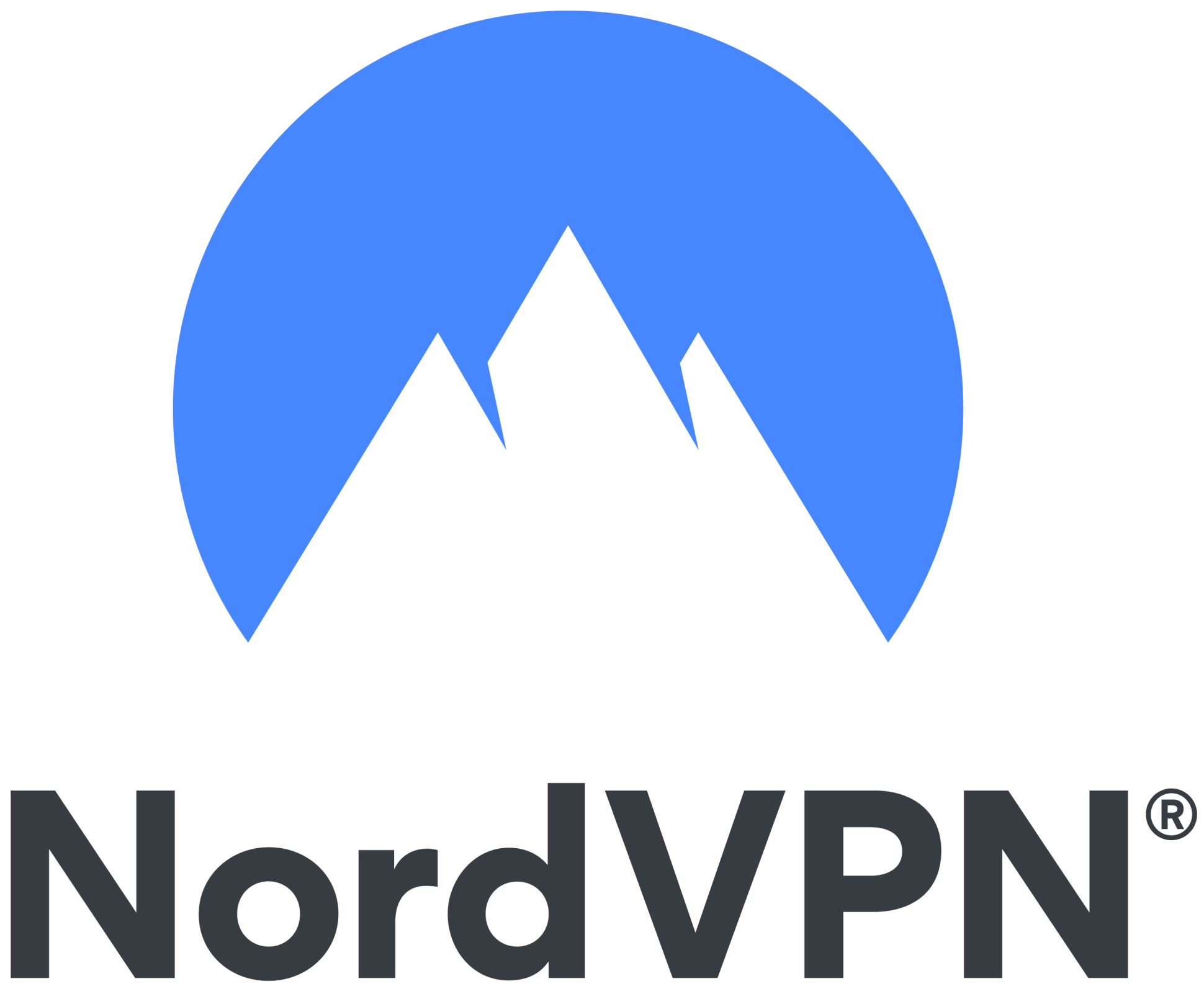A virtual private network (VPN) server is a type of server that allows VPN services to be hosted and delivered. It’s made up of VPN hardware and software technologies that give clients access to a secure and/or private network via a virtual private network. Want to know more about this topic? Then read our in-depth guide explaining everything about this topic.
Ben Grindlow is the founder of ProXPN, a company that provides reviews about VPN products and services. Ben's interest in cybersecurity and privacy led him to start ProXPN, which has become one of the most well-respected VPN providers in the world. Ben is passionate about his work, and he is constantly exploring new ways to improve ProXPN's in-depth guides.
ProXPN Expert Picks

🔥 Save 60%! 🔥
You may have heard about VPNs and how they can benefit you by providing extra privacy and security. But if you are thinking of taking the next step, you may be wondering what a VPN server is.
A VPN server is a computer or program that provides an encrypted, secure connection to the Internet for your computer, tablet or smartphone (often referred to as clients). A VPN can help protect your private data from malefactors who may be snooping around and intercepting your internet traffic. VPN protection is something anyone will feel safer using.
When you set tup and use a VPN server, the client’s IP address remains nearly invisible to snoopers like companies, governments or cybercriminals. Without a VPN server, your client device would make a direct connection to the internet, and then its IP address could be intercepted by someone else. Goodbye, private internet access, private data and private browsing history!
Read on for a summary of what you should know about VPN hardware, VPN software, and VPN connections in this what is a VPN server guide.
Your internet service provider will not usually offer a VPN connection, so you will need to use a VPN service.
If you want to quickly and easily set up a VPN server for yourself but lack experience, it is best to use a VPN service. A VPN provider can make its servers available to you.
We recommend that you use a paid VPN provider for your virtual private network, because there is always a catch with a free VPN provider, such as a limited speed, a data limit or an incompletely encrypted connection.
Many VPN providers also offer multiple VPN servers, but this can vary based on which country you are in. If your country has a large number of data centers in general, your chances improve.
Here is a list of other countries with VPN servers that you can connect to with almost any VPN client:
Setting up a VPN server through a provider is not difficult. Just follow these five steps:
Most VPN services are location dependent, meaning that connecting to a VPN server in a specific country gives you access to content only available in that region.
Let’s say you are on holiday in Spain or France. You are a fan of streaming services and you would like to watch your favorite programs that you always watch back home.
This is not possible without a VPN, because your IP address will not be mapped back to your home country. A VPN will solve this problem.
By connecting from abroad to a VPN server that is in your home country through VPN protocols, your network traffic will look the same as always, so you can access your favorite content. At last, you can relax and just watch your TV program.
You already have a good, paid VPN provider with a solid VPN protocol, after all.
With some prior knowledge and the necessary explanation, it is also possible to set up a secure VPN server yourself.
You can then connect anywhere in the world to your own VPN network and access the internet via your own internet connection. In addition, you can also use the media files on the VPN server in other locations.
To set up a VPN server yourself, it is useful if you have a PC or laptop, plus:
If you have an internet subscription, with one of your local internet providers, there is a good chance that the provider will include a built-in router. As you now know, the problem is that not all routers are suitable for installing a VPN. After reading this article, you should be ready to take the next step to get online privacy by using a VPN.
A VPN server is a kind of server that allows you to host and provide VPN services. It’s made up of both VPN hardware and software technologies that allow clients to connect to a secure and/or private network via the VPN.
Either a physical server or a VPS (Virtual Private Server) through which a VPN service provider enables you to access their VPN services is the case. Nobody can see your data because it’s encrypted, and the server also hides your actual IP address.
A virtual private network (VPN) encrypts your online activities on whatever device you’re using, whether it’s a phone, laptop, or tablet. Your data is routed through a secure tunnel to the VPN service provider’s servers before being encrypted and sent to the site you want.
Select a VPN server location that is as close to your real-world position on the list of Suggested server locations. Use the Smart Location function, which will suggest the best spot for you. Run the ExpressVPN for Mac or Windows Speed Test. Connect to the top-rated server on the results page.
Virtual machines are used to construct Virtual VPN servers. These are only a risk to customers if the VPN provider does not possess or rent the underlying physical hardware. Rented VPN servers are servers rented from a third-party landlord, such as a data center.